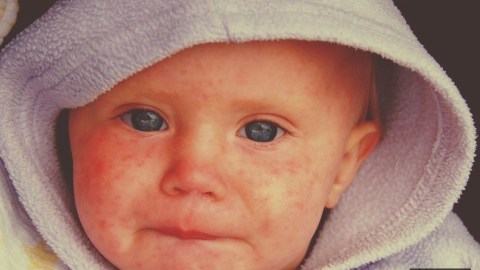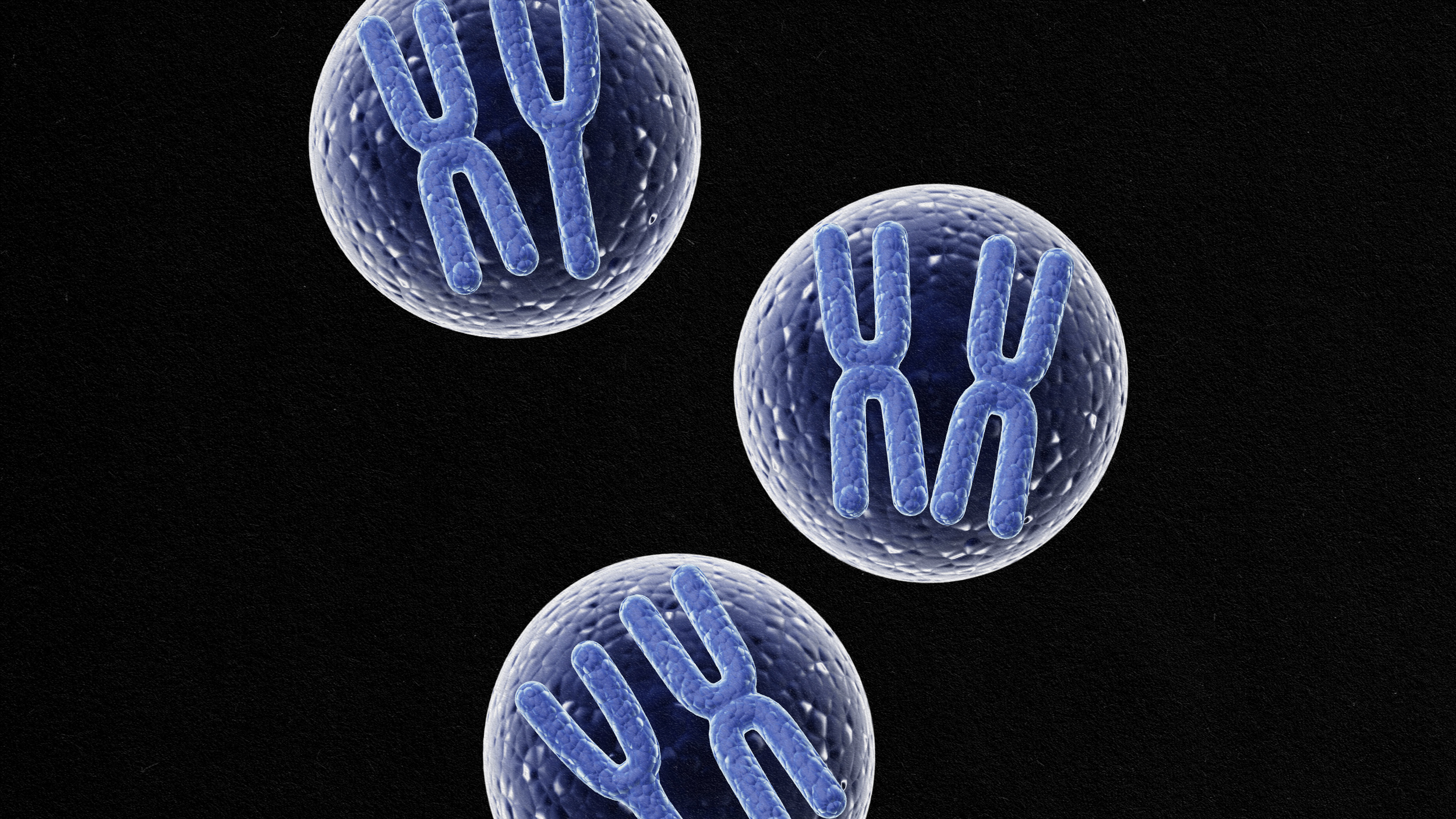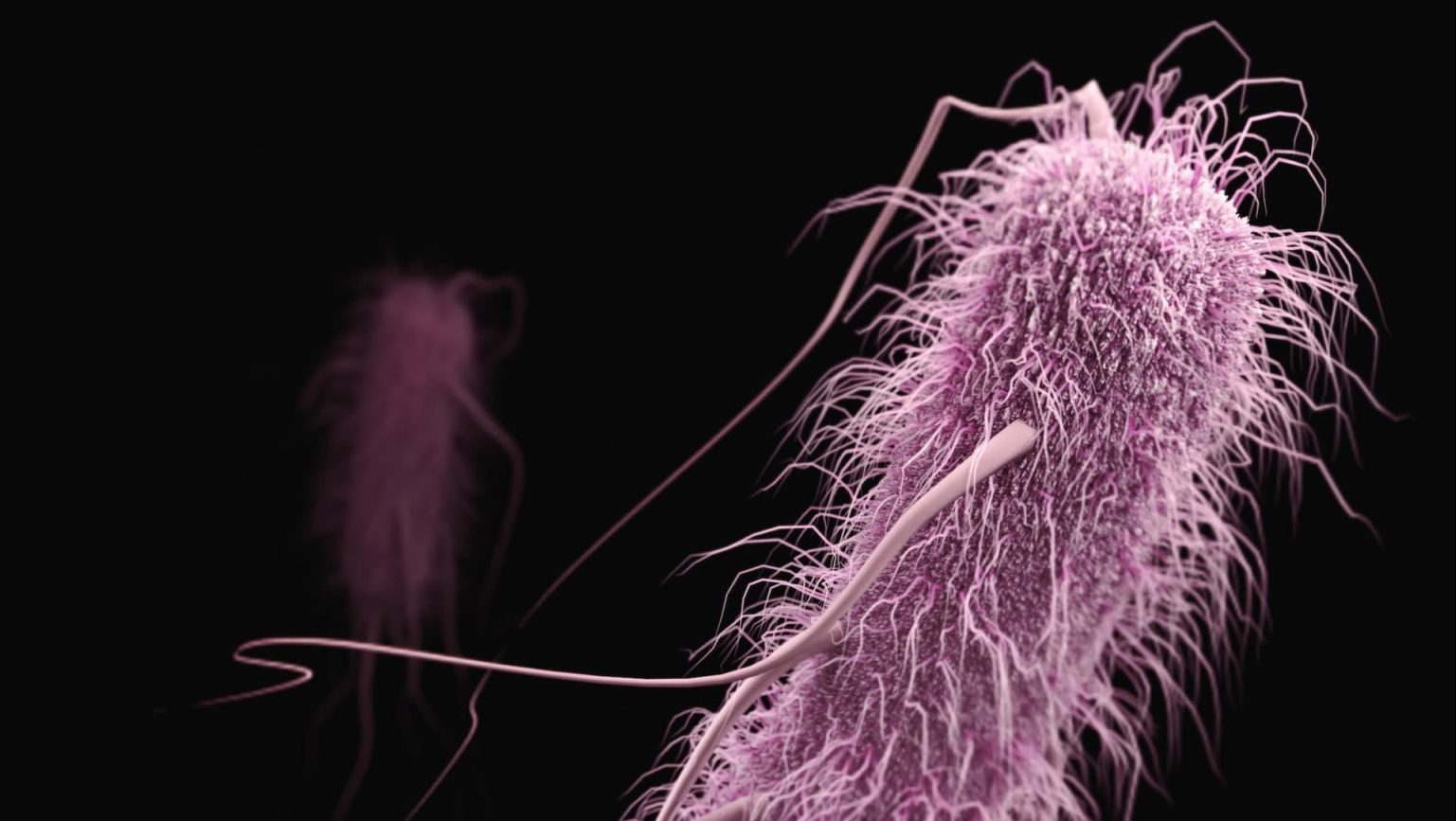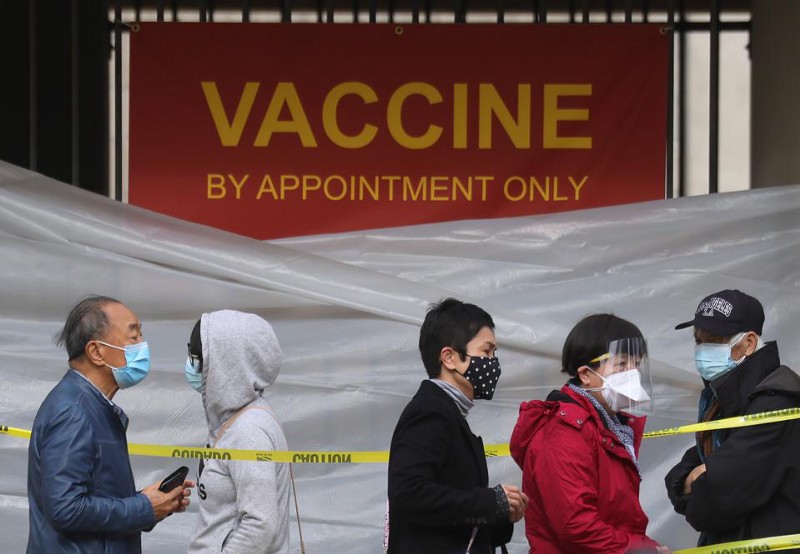2019 already boasts more measles cases than all of 2010

Flickr via Dave Haygarth
- The Center for Disease Control and Prevention has recorded 79 measles cases in 2019.
- Three outbreaks are responsible for the high number of cases, particularly an outbreak in Washington State that’s affected at least 50 people so far.
- The measles vaccine is effective, though vaccine hesitancy and the virus’ extremely contagious nature put some communities at risk.
Americans reported more measles cases in the first weeks of 2019 than all of 2010, according to the Center for Disease Control and Prevention.
The spike stems from three measles outbreaks (defined as three or more cases) in New York City, New York State and Washington State. The most severe outbreak emerged in an anti-vaccination “hotspot” in Clark County, Wash., where at least 50 confirmed measles cases have been reported as of February 7.
State health officials believe the outbreak started after someone with measles from outside the country traveled to the Clark County area, about 25 miles north of Portland, Oregon, and came in contact with a group of unvaccinated children.
“All those kids that were un-immunized went to public places like Ikea, Costco and a Portland Trailblazers game,” said Washington State Epidemiologist Scott Lindquist.

Some weren’t surprised an outbreak struck Clark County, where 8 percent of children were exempt from getting the vaccinations required to enter public school kindergarten in the 2017–2018 school year.
“This is something I’ve predicted for a while now,” Peter J. Hotez, a professor of pediatrics and dean of the National School of Tropical Medicine at Baylor College of Medicine in Houston, told The Washington Post. “It’s really awful and really tragic and totally preventable.”
Demand for the measles vaccine has soared in Washington since the outbreak was reported in January, with some clinics reporting a year-over-year increase of nearly 500 percent.
“During an outbreak is when you see an influx of patients who would otherwise be vaccine-hesitant,” Virginia Ramos, infection control nurse with Sea Mar Community Health Center, which runs six sites that offer vaccines in Clark County, told Kaiser Health News. “We’re just happy that we’re prepared and that there is vaccine available.”
New York is also managing a measles outbreak that’s tallied about 200 cases since the fall. The outbreak is thought to be limited to ultra-Orthodox Jewish communities that have been historically hesitant about vaccinations.
“Sometimes they hang up and they don’t want to open the door,” Dr. Patricia Schnabel Ruppert, the health commissioner of Rockland County, northwest of New York City, where the worst of the outbreak has been, told The New York Times. “It’s hard to break an outbreak if you are not getting cooperation.”
Why is measles so contagious?
Measles is the most transmissible virus known to science, and that seems to be because of the unique way it invades the body, as Roberto Cattaneo, a professor of biochemistry and molecular biology at the Mayo Clinic, told Science Daily.
“The measles virus has developed a strategy of diabolic elegance,” he said. “It first hijacks immune cells patrolling the lungs to get into the host. It then travels within other immune cells everywhere in the body. However, the infected immune cells deliver their cargo specifically to those cells that express the protein nectin-4, the new receptor. Remarkably, those cells are located in the trachea. Thus, the virus emerges from the host exactly where needed to facilitate contagion.”
The CDC says the “measles virus can live for up to two hours in an airspace where the infected person coughed or sneezed. If other people breathe the contaminated air or touch the infected surface, then touch their eyes, noses, or mouths, they can become infected. Measles is so contagious that if one person has it, 90 percent of the people close to that person who are not immune will also become infected.”
The CDC recommends two doses of measles vaccine, one given at between 12 months and 15 months of age and one between ages 4 and 6. These shots provide about 93 percent protection after one dose and 97 percent after two.





